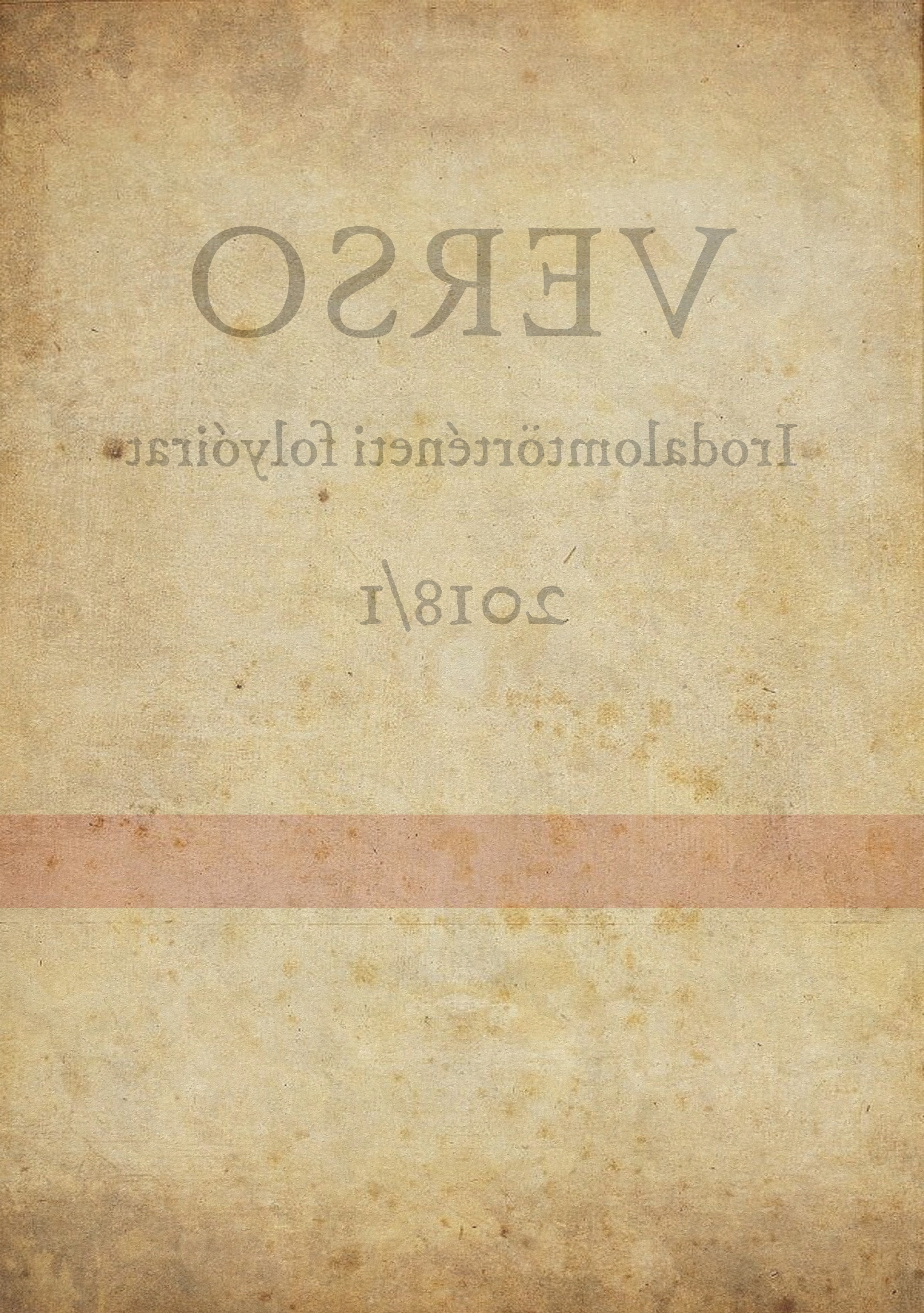The poetic transformation of a peregrination
DOI:
https://doi.org/10.15170/VERSO.1.2018.1.69-75Abstract
József Eötvös’s poem, Búcsú, has usually been interpreted in a biographical framework: the author set out on a Western-European peregrination, and thus bid farewell to his native land. This short paper suggests that the contradictions and the omissions in the text might have been the means to escape censorship. It establishes a connection between the language of Búcsú and the oppositional vocabulary of discontent, and suggests that just like Mihály Vörösmarty’s Szózat, Eötvös’s poem might be yet another response to the Hungarian political crisis of 1835-1836. Reading the poem along the republican tradition, the farewell letter of its speaker might imply a self-proclaimed exile, a variation on the Latin proverb Ubi libertas, ibi patria (Where there is liberty, there is my country).

